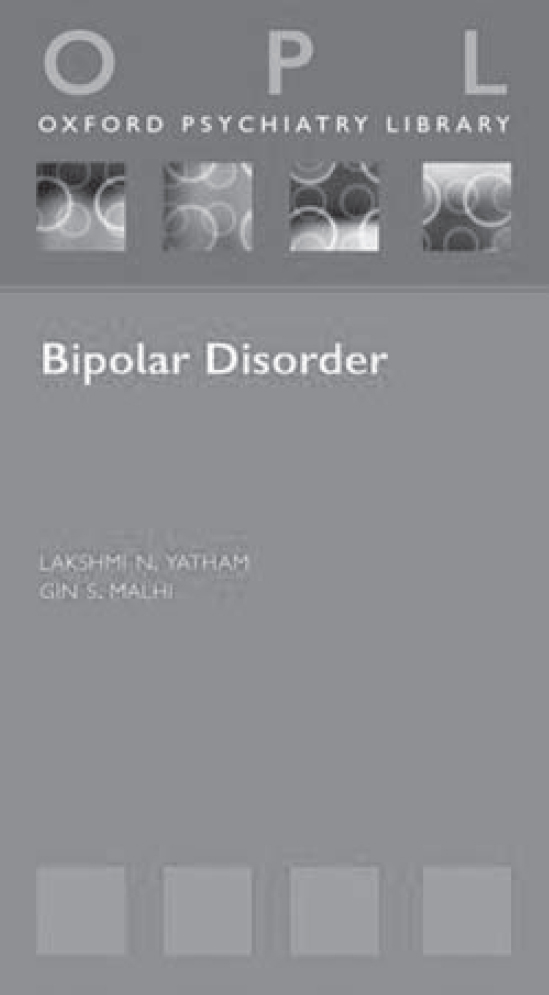
‘Pocketbook’ is usually a misnomer; few of these books actually fit into the average pocket. But this title really is a pocket reference in the most literal sense. In 96 slender pages (8 of which are blank), it attempts to summarise the current consensus on bipolar disorder. This is no mean feat considering the ever-expanding research landscape. It is to the authors’ credit that they largely succeed in their goal, and do so in succinct, uncomplicated prose.
The appeal of pocketbooks is in the ability to condense masses of evidence into concise practical advice. In this respect, evidence-based treatments are covered well, interspaced with the authors’ clinical experience. References for further reading are listed at the end of each chapter. Unfortunately, these are not cited in the text, leaving the reader unable to connect each claim with the corresponding publication.
Although the history, epidemiology and aetiology of bipolar disorder are briefly visited, the focus is rightly on clinical management. Accordingly, over half the book deals with treatment. Key points and tables are used to good effect. Treatment algorithms, though useful, are almost small enough to be illegible. The chapter on diagnosis provides an overview of bipolar disorder classifications and a comprehensive differential diagnosis. However, DSM-IV is the sole diagnostic tool included, with obvious repercussions for those working under ICD-10.
It would be churlish to complain about omissions in such a short book. Although aimed at busy professionals, I think it is an ideal companion for medical students on psychiatric placements. When the rate of published research seems to grow unabated, it is helpful to be told exactly what is worth remembering. Students should also be attracted by the price: could ten pounds be better spent?





eLetters
No eLetters have been published for this article.